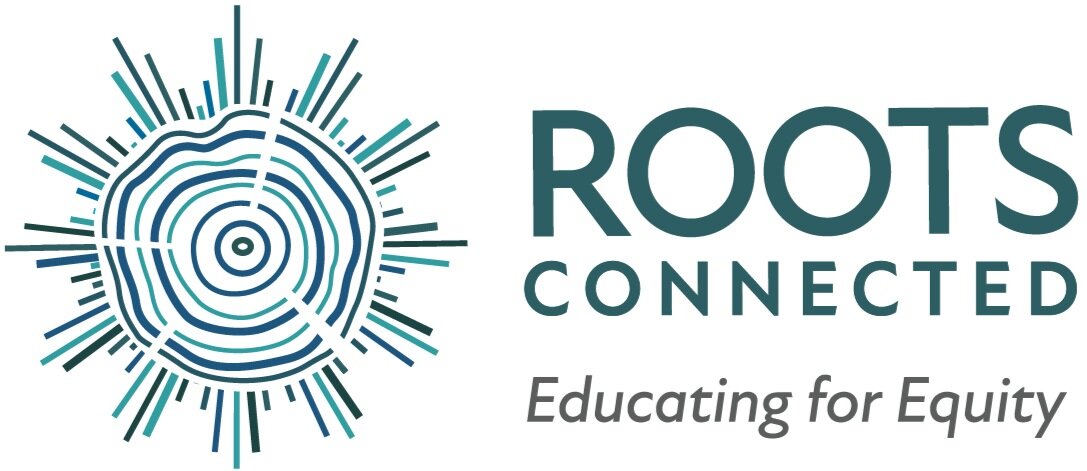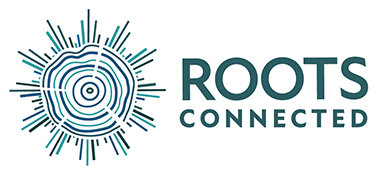Roots ConnectED - Anti-Bias Education Framework
What is Anti-Bias Education?
Anti-Bias Education for Young Children & Ourselves by Derman-Sparks, Edwards and Goins is the foundational text outlining anti-bias education. Within the text, it is stated that, “Anti-bias curriculum is value based: Differences are good; oppressive ideas and behaviors are not. It (the curriculum) sets up a creative tension between respecting differences and not accepting unfair beliefs and acts. It asks teachers and children to confront troublesome issues rather than covering them up. An anti-bias perspective is integral to all aspects of daily classroom life...The point to remember is that an anti-bias approach is integrated into rather than added onto an existing curriculum.” The National Association for the Education of Young Children furthered this point when they shared, “Rather than a formula for a particular curriculum, (Anti-Bias Education) is an underpinning perspective and framework that permeates everything...including your interactions with children, families, and colleagues.” Therefore, adopting an anti-bias lens is never about throwing away curriculum and practices, but about seeing what currently exists through a lens of equity and justice. It is ongoing work that involves all stakeholders and must begin with a shift in mindset and ideology.
Our Framework
Our Anti-Bias Education framework and goals were adapted from the works of Derman-Sparks, Edwards, and Goins. We believe that in order for students to meaningfully achieve these goals it is important for us as adults to continue to do the work ourselves. You will see that reflected in the three columns “For Adults”, “For Educators”, “For Students”. You will also notice that Identity & Inclusion are centralized in the framework as we believe identity and inclusion are part of the mindset required to do this work. We define Identity Work as the deep understanding of one's intersecting identifiers. We believe it is the practice of recognizing personal biases and prejudices, as well as one’s own power and positionality and how they show up and impact individual decisions and actions. Lastly, we believe it requires ongoing learning and unlearning, grace and revolutionary love. Inclusion is the fundamental principle within community that fully embraces an authentic sense of belonging as opposed to assimilating into what is considered “normal.” Inclusion entails the intertwining of interdependence and independence to see the complexity of individuals. It requires all to recognize that their actions impact others and that they are all integral parts of a community. The other pieces of the framework: Representation, Community Building, Critical Literacy, Universal Design for Learning and Social Action, operate as tools that work together in synchronous and overlapping ways to build up and support anti-bias communities.







